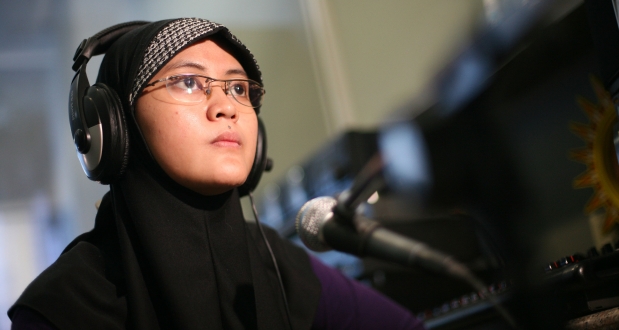- About
- Topics
- Picks
- Audio
- Story
- In-Depth
- Opinion
- News
- Donate
-
Signup for our newsletterOur Editors' Best Picks.Send
Read, Debate: Engage.
| March 04, 2019 | |
|---|---|
| topic: | Women's rights |
| tags: | #Zimbabwe, #women's rights, #Africa, #human rights, #Murambatsvina |
| located: | Zimbabwe |
| by: | Cyril Zenda |
With the new leader, Emmerson Mnangagwa, promising a “new Zimbabwe”, women had every reason to rejoice as they thought their problems were over.
However, barely a year and a half later, they are discovering how wrong they were as the new regime has turned out to be more like the old.
“Women are still being silenced,”, lamented Zimbabwean author Tsitsi Dangarembga. She is the author of a 1988 bestseller, Nervous Conditions, a book that describes a country where women “suffer disproportionally” and where abuse by men is so normal it barely registers as gender violence.
“Violence is very much part of the fabric of our society and I believe we have to address this... if we want to overcome it,” she told AFP.
The renewed deterioration of the economy has led to general discontentment and a fluid political situation, bringing Zimbabwe back on the radar of human rights watchers, with women especially bearing the brunt of both the hardships and violations. In reality, the “rights for all” that Mnangagwa promised have turned out to be an extension of their nightmares.
In January scores of women were raped and beaten when the police and the army launched a brutal crackdown in several of the country’s cities and towns in the aftermath of violent protests caused by a massive fuel price hike.
Even though investigations by several human rights groups, including the state-funded Zimbabwe Human Rights Commission, corroborated the claims of state-sanctioned abuses, President Mnangagwa’s government has continued to dismiss the allegations as fabrications, an attitude seen as promoting a culture of impunity.
Mnangagwa, who was Mugabe’s former right-hand man for four decades, portrayed himself as a reformer when he came into power, but with elections out of the way, that mask has since slipped off to reveal his true character. Feeling so hard-done are Zimbabweans, that some citizens have already started thinking that they were better off under Mugabe.
For most women, rape has become – according to a 2017 United States government’s human rights report on Zimbabwe – “a fact of life”.
For most, life has always been a cycle of abuse. The abuses can be traced from those raped during the country’s 1970s liberation war, to the victims of the 1980s genocidal rape during the Gukurahundi pogroms through to the abuses that occurred during the 2008 political violence.
Most of the victims of the brutal 2005 clean up campaign code-named Operation Murambatsvina – that a United Nations investigation concluded left over 700,000 people hopeless – were women, something that exposed them to rape and other forms of abuse.
Most of these rapes were corroborated by a detailed 2010 study of the Research and Advocacy Unit, a civic organisation, on politically motivated rapes in Zimbabwe, which showed that rape had grown into a culture in the Zimbabwean society. The study was carried out together with the Zimbabwe Association of Doctors for Human Rights and the Doors of Hope Development Trust, an organisation made up of survivors of rape.
Human rights lawyer and former legislator, Jessie Majome, said cases of abuse of citizens by members of the security forces can best be investigated by an independent body, as one provided in Section 210 of the country’s constitution, which is yet to be set, six years after the new Constitution came into effect.
“An Act of Parliament must provide an effective and independent mechanism for receiving and investigating complaints from members of the public about misconduct on the part of members of the security services, and for remedying any harm caused by such misconduct,” she said.
In an effort to contribute to the fight for women’s rights, Veritas Zimbabwe, a legal and legislative watchdog, in late February launched Veritas Women, an interactive platform for women. The platform will provide information on the rights and status of women in Zimbabwe and also information on where to turn and what legal options are available if women feel their rights are being violated or ignored.
“Veritas Women will work as a resource, providing information about service provisions by the state, legal aid clinics, labour advice centres, and other women’s rights-oriented civil society organisations,” the organisation said.
“It will provide a safe platform for women and girls to discuss their rights and the problems they encounter in claiming their rights using the county’s main languages of English, Ndebele and Shona. The aim is to give agency to women and girls to claim their rights and this will ultimately lead to gender equality and a more just society.”
It is hoped that women who interact on the platform will become more knowledgeable on the Constitution and other rights enshrined in the country’s laws.
By copying the embed code below, you agree to adhere to our republishing guidelines.
